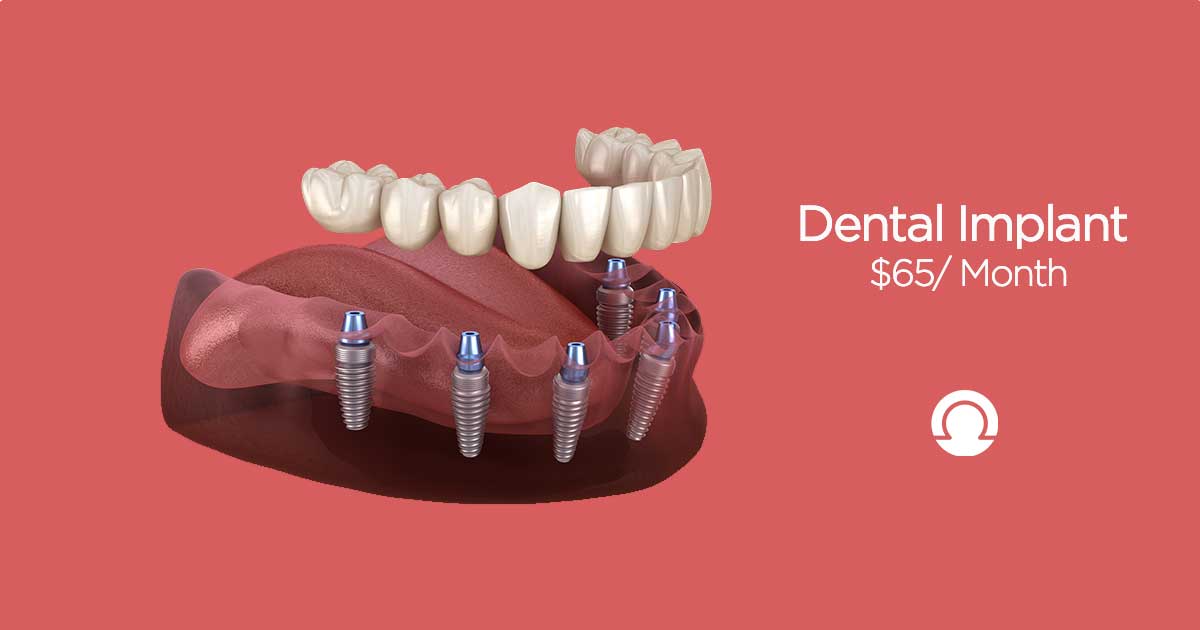The Best Strategy To Use For Dental Sense
The Best Strategy To Use For Dental Sense
Blog Article
6 Simple Techniques For Dental Sense
Table of ContentsEverything about Dental SenseThe Best Guide To Dental SenseThe Greatest Guide To Dental SenseSome Ideas on Dental Sense You Need To Know
are medical gadgets surgically implanted right into the jaw to recover a person's ability to chew or their look. They provide support for synthetic (phony) teeth, such as crowns, bridges, or dentures. When a tooth is lost as a result of injury or condition, an individual can experience complications such as rapid bone loss, malfunctioning speech, or adjustments to eating patterns that result in discomfort.Dental implant systems contain a dental implant body and oral implant abutment and might also include an abutment fixation screw. Front tooth filling. The dental implant body is surgically inserted in the jawbone instead of the tooth's root. The dental implant abutment is normally connected to the dental implant body by the joint addiction screw and extends through gum tissues into the mouth to support the attached artificial teeth
(https://linktr.ee/dentalsense1)Framework of The Dental Implant System choosing dental implants, talk to your dental copyright concerning the possible advantages and dangers, and whether you are a prospect for the procedure. Points to take into consideration: Your general health and wellness is a crucial element in identifying whether you are a great candidate for dental implants, exactly how long it will certainly take to heal, and how much time the dental implant might stay in area.
Smoking cigarettes might affect the healing process and lower the lasting success of the dental implant. The healing procedure for the dental implant body may take a number of months or longer, throughout which time you commonly have a temporary joint instead of the tooth. the dental implant procedure: Meticulously follow the oral health directions offered to you by your dental company.
The Main Principles Of Dental Sense
Implant failing can result in the requirement for another operation to repair or replace the implant system. Brings back the capacity to chew Brings back cosmetic appearance Aids keep the jawbone from shrinking as a result of bone loss Preserves the health and wellness of the bordering bone and periodontals Assists maintain nearby (neighboring) teeth steady Boosts top quality of life Damage to surrounding natural teeth throughout implant positioning Injury to the surrounding cells during surgical procedure, such as sinus perforation Injury during surgical procedure (for instance, fracture of surrounding jawbone) Inadequate function, such as seeming like the teeth do not bite together usually A feeling that the tooth hangs or turning in place arising from an abutment screw loosening Implant body failure (looseness of the dental implant body) due to systemic infection, which might be most likely in people with uncontrolled diabetes mellitus due to local infection in bone and gum tissues supporting the dental implant body because of delayed recovery, which may be most likely in individuals that smoke Problem cleansing the gum tissues around the implant, resulting in poor oral health Untreated gum condition Post-surgical feeling numb as a result of nerve impingement or damages Constantly inform healthcare carriers and imaging technicians that you have dental implants before any type of magnetic resonance imaging (MRI) or x-ray treatments.
FDA is not knowledgeable about any type of negative events reported for MRI or x-ray procedures with dental implants. Oral implants systems are typically made of products that adhere to global consensus requirements of the International Organization for Standardization (ISO) or ASTM International. These criteria have information of what makes a risk-free material.

A dental implant is a framework that changes a missing tooth. With screw-like devices, the specialist inserts a dental implant right into the jawbone, and it acts check out here as an anchor for a synthetic tooth, called a crown.
About Dental Sense
Some people are not eligible for dental implant surgical procedure. It is for oral surgeons to operate individuals with: severe illnessuncontrollable metabolic diseasebone or soft tissue disease or infectionIf these issues are dealt with, a person can have the surgery. In, oral doctors avoid from running on people with: If individuals with any one of the above go through oral implant surgery, there is a greater danger of the implant failing.

Dental implant surgical treatment is a customized process. It's not the very same for every person. The following gives a basic introduction of what you can expect your dental expert, dental surgeon, periodontist or prosthodontist to do: Place the implant surgically. Provide you time to recover. Affix the post and last crown, bridge or denture.
Next off, your doctor will carefully position the dental implant into your jaw. If your implant is near the front of your mouth, your dental professional will make a momentary tooth for you to put on up until you recover.
Dental Sense for Beginners
During the recovery phase, your jawbone should fuse to the dental implant. This process can take anywhere from 3 to 9 months.
Once your dental implant heals, your dental practitioner can attach the abutment (tiny connector article) and your final repair (crown, bridge or denture). This normally takes about one hour to finish and may call for a 2nd minor surgical treatment. You should not really feel any type of pain throughout your dental implant procedure since your service provider will certainly use medicine to numb your periodontals.
Report this page